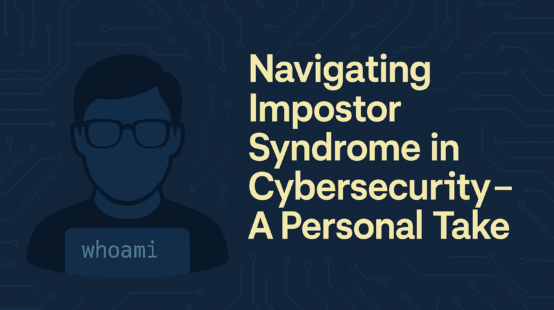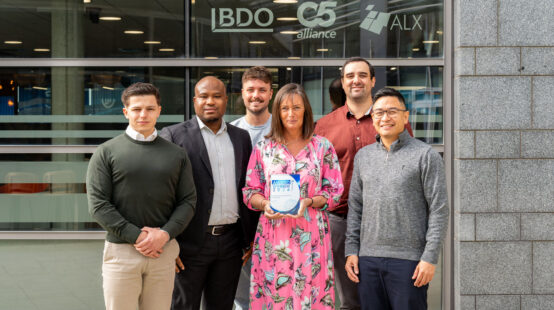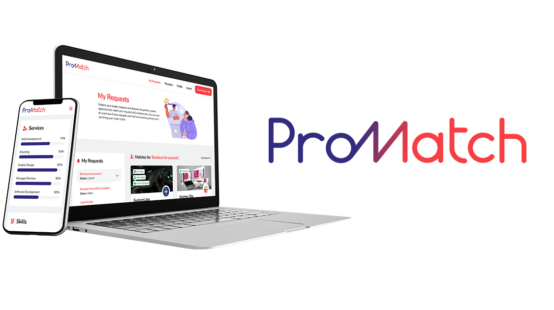Trust me. Two small words.
But in today’s world, trust is something we are increasingly reluctant to give. And it is so easily eroded. Over the last few decades, there has been a seismic shift culturally, as our inherent trust in authority structures has declined. Whether it’s governments, global corporates, the press, or celebrities – so often, we feel we can no longer trust what they say.
With the amplifier effect of social media and the emergence of the concept of “my truth,” do we even know what the parameters are for establishing and maintaining trust?
Trust in the digital world: a fading concept?
And yet, this stark macro-view doesn’t reflect our everyday experience. We trust each other in micro ways all the time—whether it’s stopping at traffic lights, delivering work on time, or being there to pick up the kids from school. And if we behave like that face to face, in reality we do the same online. We read headlines and believe them. We share our data with global corporations and, by and large, expect the exchange to be more beneficial than harmful.
But in a world where personal and commercial data is increasingly prevalent and valuable, and where there are myriad opportunities to share that data (often for good), how do we establish the new rules of the game so that trust is built rather than lost, and data is used well rather than for malevolent purposes?
How data trusts reinforce privacy and data governance
With data, and increasingly with tools powered by AI, we are accelerating the discovery of new treatments for challenging medical conditions, improving road and buildings’ safety, unlocking new commercial opportunities, and enhancing experiences. AI tools will help us to make better policy decisions, improve care for our ageing population and expand educational opportunities. In this new reality we need a mechanism to do this well. A playbook, a set of rules (that in some cases will be very specific) to ensure that we can give our trust to those to whom we are giving our data.
Enter the data trust – a concept that has been emerging over the last decade in both academic and legal circles. As the importance of data stewardship grows, data trusts provide a framework that governs responsible handling of both personal and commercially sensitive data. They are designed to protect privacy and build trust in data sharing, particularly in an era where data is becoming an increasingly valuable asset.
Here in Jersey, led by Digital Jersey and instigated by our non-executive director, Dame Wendy Hall, we have been exploring these new opportunities in data governance and trialling the use of regulated trust legal structures to build trust through data trusts. This has been a cross-island collaboration: co-sponsored by the Jersey Office of the Information Commissioner (JOIC) and supported by local businesses and government agencies, we are showcasing Jersey’s expertise and capability to innovate.
The future of data trusts: global privacy and governance
As the world increasingly values personal and commercial data, the need for data governance and data stewardship continues to grow. Data trusts are set to play a pivotal role in this new era, ensuring that data is handled ethically and that trust is built and maintained.
In October, Dame Wendy, along with Rachel Harker (Technology Consultant to Digital Jersey) and Jack Hardinges (Responsible Data, AI & Technology Consultant), will be considering this further at the General Privacy Assembly Conference hosted by JOIC as they discuss ‘Creating Trust through Data Trusts’.
I am looking forward to their session—and many others at what looks to be a truly insightful conference—and I hope you’ll join me there. 46th Global Privacy Assembly (GPA) | Jersey 2024 (gpajersey.com)




